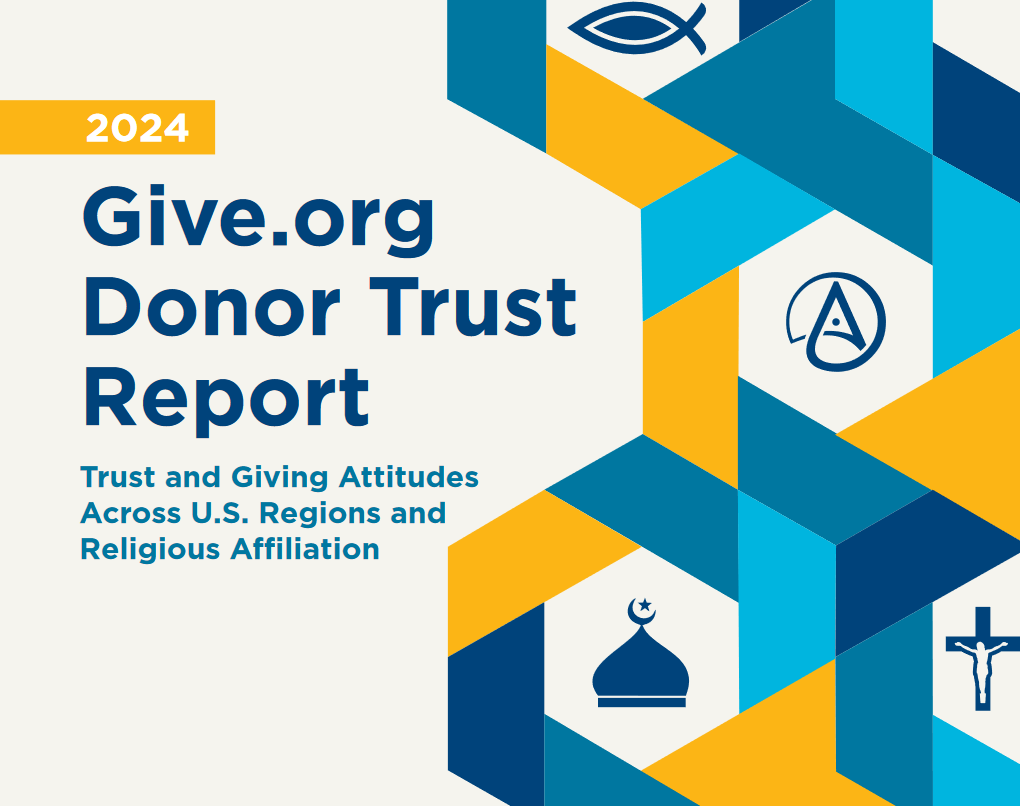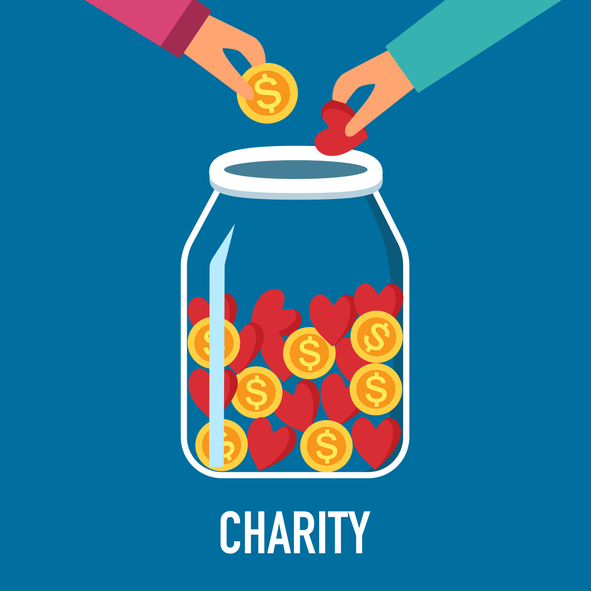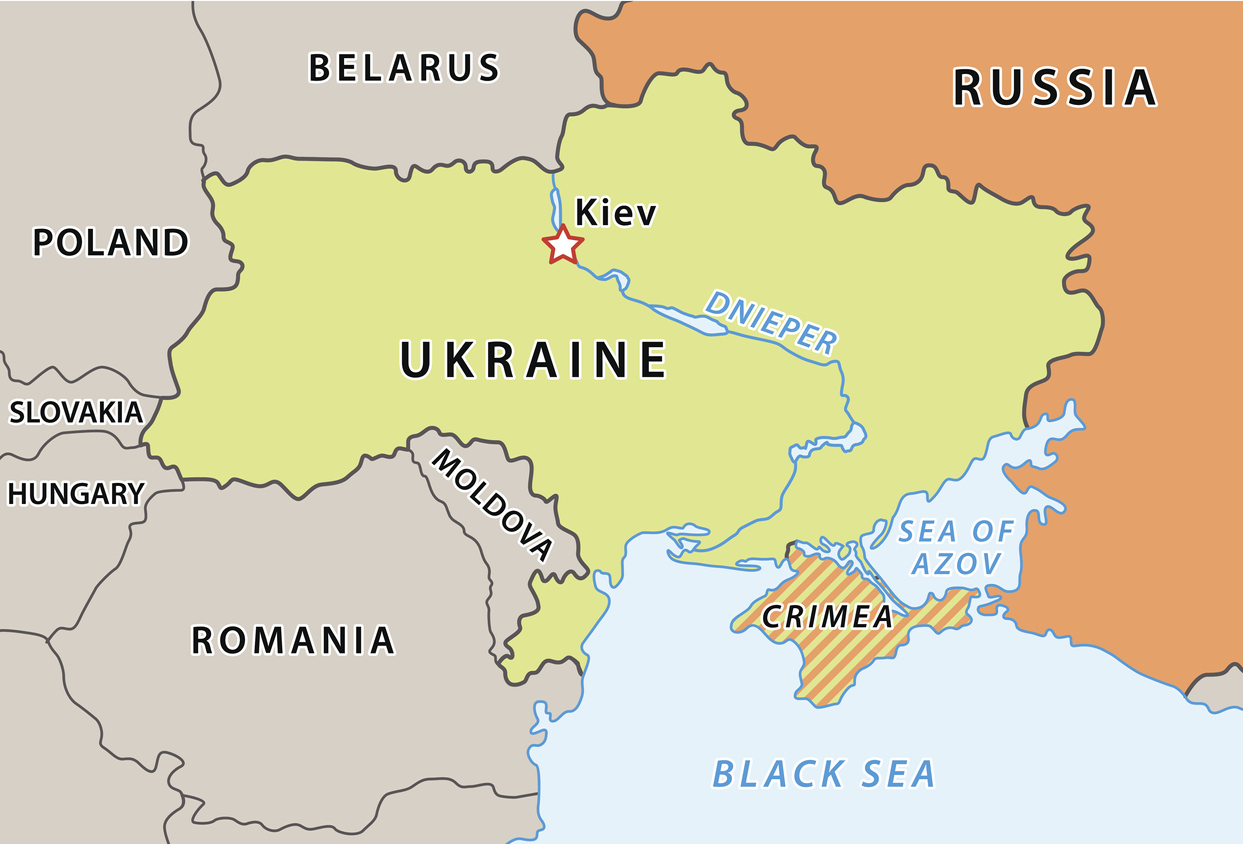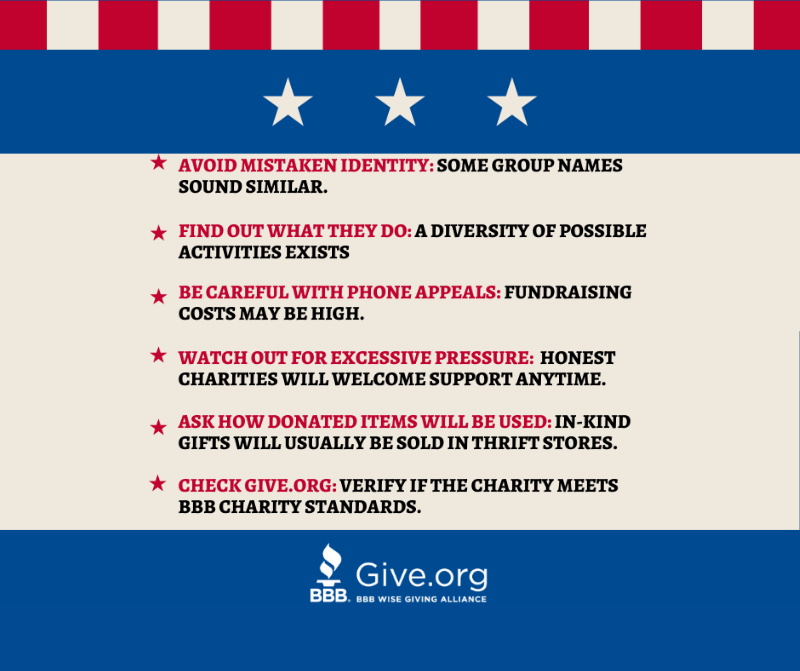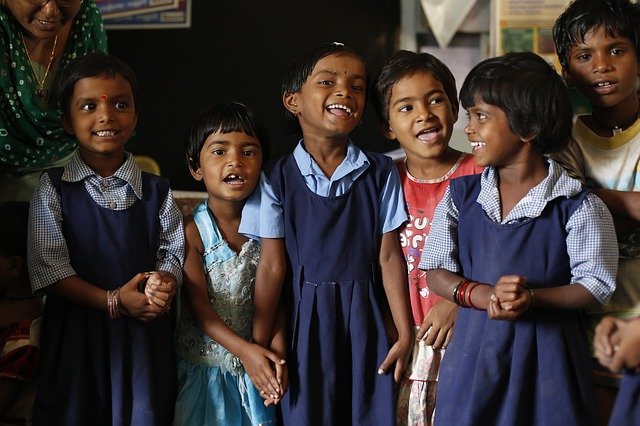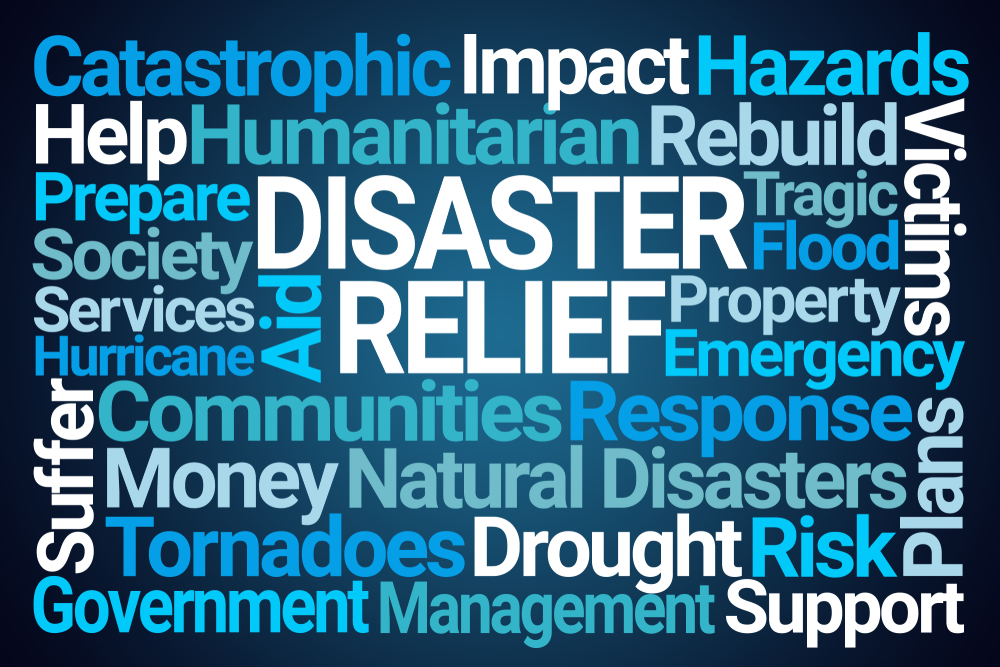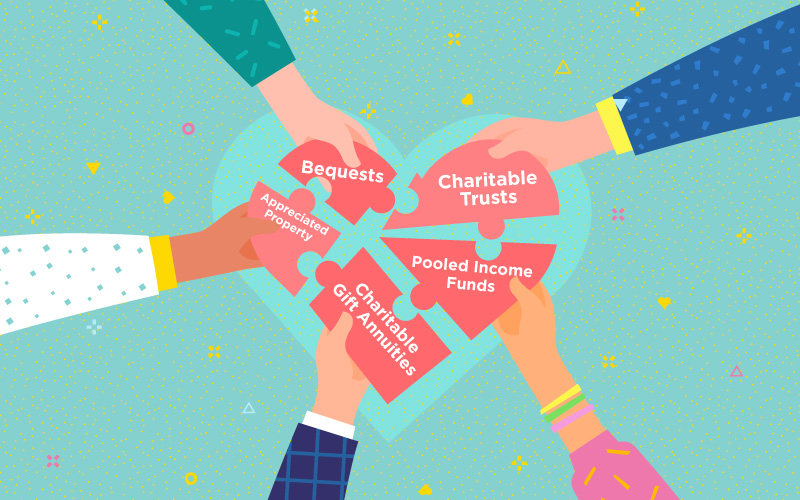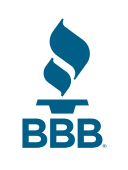Wise Giving Wednesday – Alzheimer’s and Brain Awareness Month
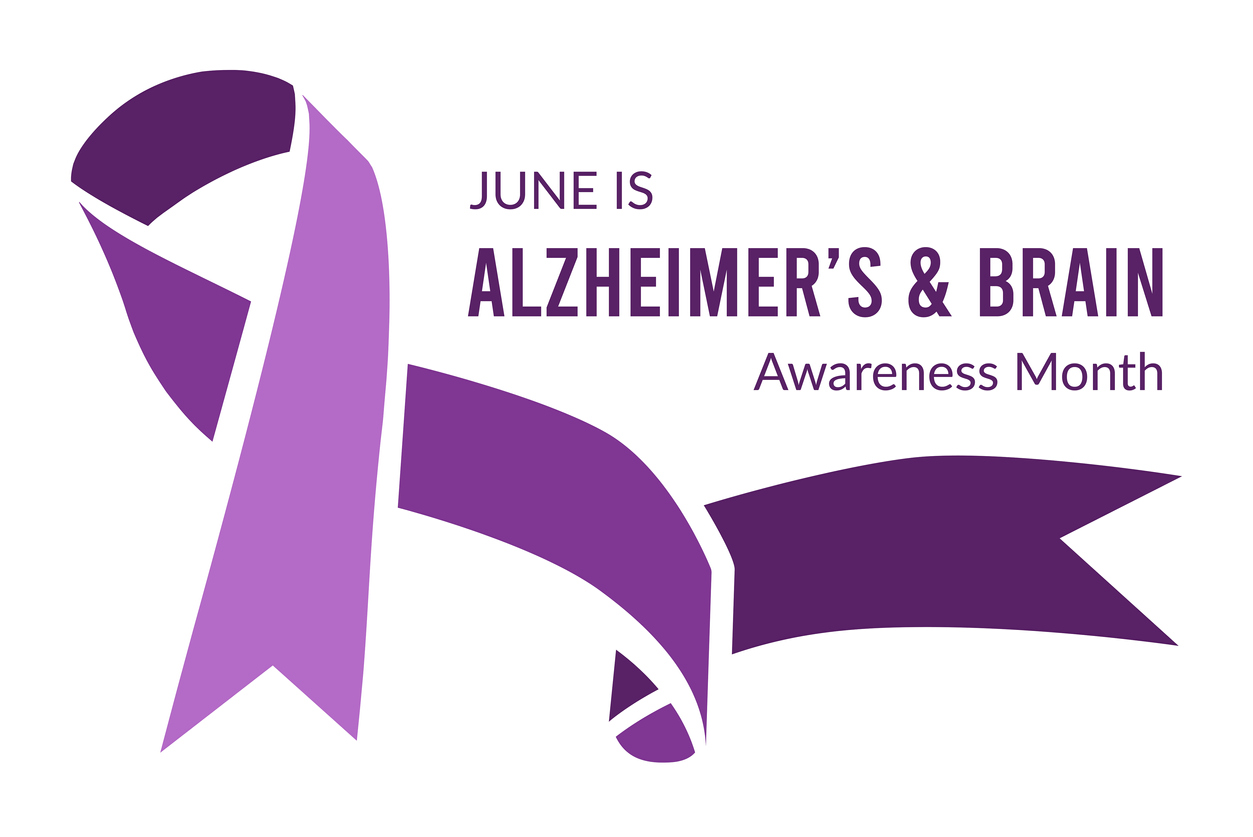
As June is designated as Alzheimer’s and Brain Awareness Month, we thought it would be helpful to dedicate this week’s Wise Giving Wednesday to bring more attention to Alzheimer’s and other diseases and conditions impacting the brain. While Alzheimer’s is often associated with older people, a June 20, 2022 article published by the Harvard Medical School points out that Alzheimer’s disease can develop in people under 65. As stated by Harvard’s Dr. Andrew E. Budson, “Of the more than 55 million people living with dementia worldwide, approximately 60% to 70% of them have Alzheimer’s disease. And of those 33 to 38.5 million people with Alzheimer’s disease, memory loss or other symptoms began before age 65 in 10% of them.”
Also, keep in mind that there are a number of veterans and military service organizations that address brain related issues. Examples are veterans’ groups such as Wounded Warrior Project and Disabled American Veterans that address Post-Traumatic Stress Disorder (PTSD) which can cause the brain to “be stuck in danger mode” and impact thinking and memory.
The National Institute of Aging which is affiliated with the National Institutes of Health has a website that identifies 11 Myths About Alzheimer’s Disease. See the article for the full list, but here are some selected excerpts:
- Alzheimer’s Disease and dementia are not the same thing. Dementia refers to impaired memory thinking reasoning and behavior, Alzheimer’s is just one type of dementia.
- Just because a biological parent has/had Alzheimer’s does not necessarily mean their children will develop it. A person’s chance of developing Alzheimer’s, however, is higher if they have certain genetic mutations or variations that can be passed down from a parent.
- Forgetting things does not mean you have Alzheimer’s. Even though memory problems are typically one of the first signs of Alzheimer’s, not all memory problems mean a person has the disease. Some forgetfulness is a normal part of aging. Of course, see a physician if memory changes are of concern.
For those seeking BBB Accredited Charities (i.e., organizations that meet the 20 BBB Standards for Charity Accountability) that address Alzheimer’s and/or Brain Awareness issues, here are some to consider. Keep in mind that as organizations address these issues in different ways, we encourage potential donors to review the program descriptions appearing on their websites.
Brain & Behavior Research Foundation / NARSAD
Video of the Week
As part of the Building Trust Video Series, we interview Bridget Kesner, Director of Philanthropy, Ronald McDonald House Charities of Eastern Wisconsin (a BBB Accredited Charity). This organization works to be a home away from home for families seeking medical care for seriously ill or injured children at partner hospitals.
Heart of Giving Podcast
In this week’s Heart of Giving Podcast, we chat with Lieutenant General James B. Laster, USMC (Ret), President and CEO, Marine Toys for Tots Foundation (a BBB Accredited Charity) about the work being done by Toys for Tots to raise funds to provide toys for needy children.
Recent Reports
Finally, remember to let us know by going to give.org/charity-inquiry if you are interested in seeing a report on a charity not on the list and we will do our best to produce one.


.jpg?sfvrsn=8073f1a5_0)



